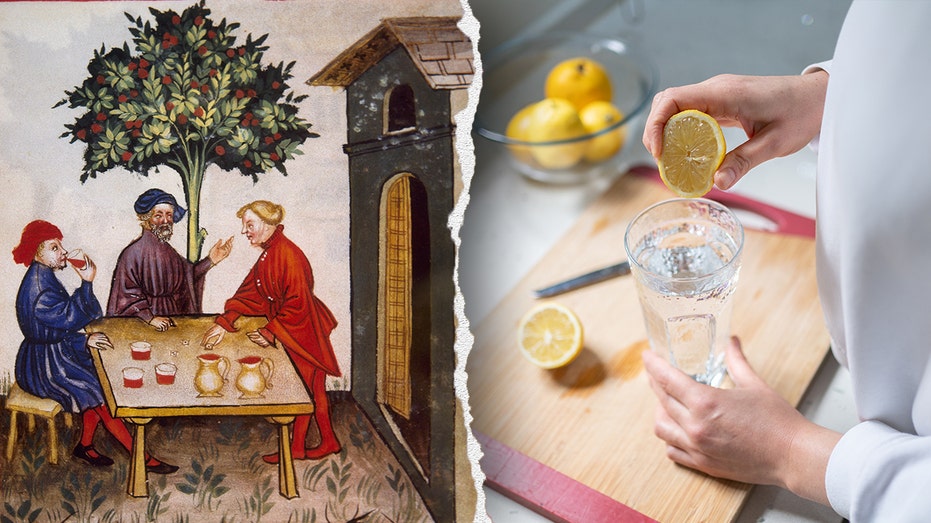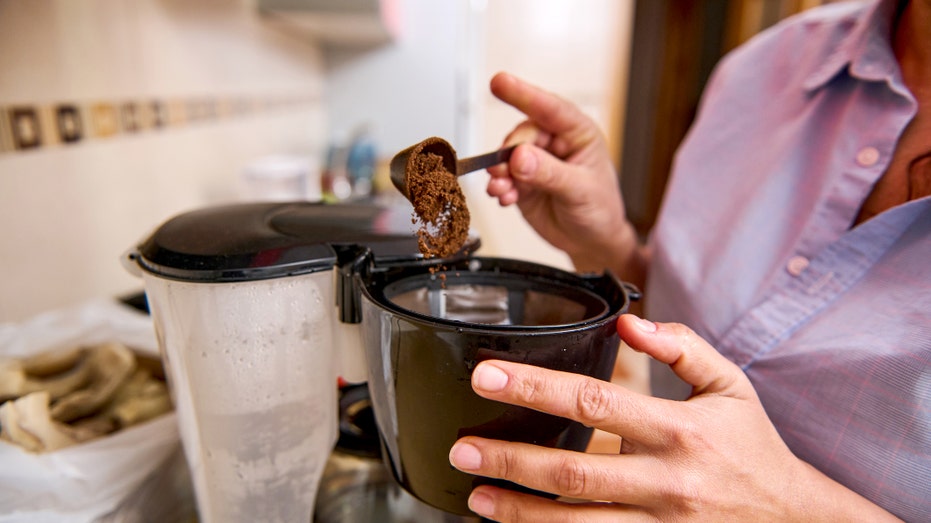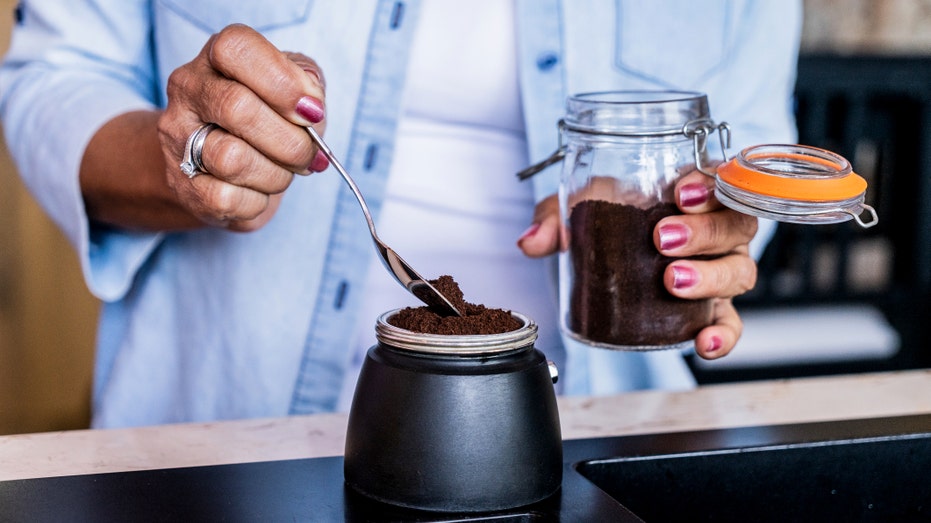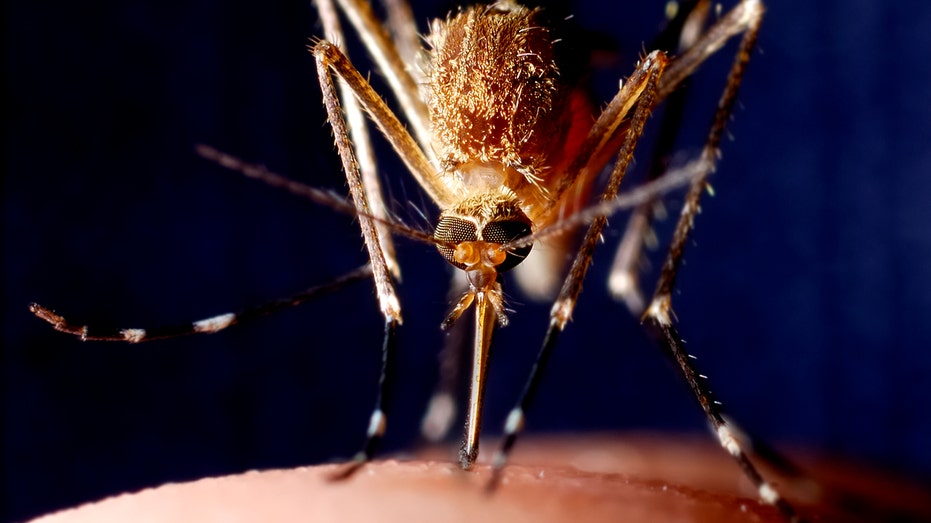Medieval 'Health Hacks' on TikTok: A Dangerous Reflection of Modern Wellness?

Sarah Johnson
August 10, 2025
Brief
Analysis of resurfaced medieval 'health hacks' and their surprising parallels to modern TikTok trends, highlighting risks of uncritically adopting historical practices and need for evidence-based decisions.
Medieval Health Hacks: A Mirror to Modern Wellness Trends or a Dangerous Game of Chance?
Opening Analysis: The resurfacing of medieval health practices, drawing parallels to contemporary TikTok trends, highlights a cyclical nature in our approach to wellness. While some ancient remedies share superficial similarities with modern fads, a deeper exploration reveals significant differences in understanding health and the potential dangers of uncritically adopting historical practices.
The Bigger Picture: A History of Humoral Theory and Folk Medicine
To understand medieval health practices, it's crucial to delve into the dominant medical theory of the time: humoralism. This ancient Greek system, popularized by Hippocrates and Galen, posited that the body was composed of four humors – blood, phlegm, yellow bile, and black bile. Health was maintained by a balance of these humors, and illness arose from imbalances. Treatments, therefore, focused on restoring equilibrium through diet, herbal remedies, bloodletting, and purging. The Corpus of Early Medieval Latin Medicine provides a window into how these theories were translated into practical remedies. Unlike modern medicine with its grounding in scientific rigor, medieval medicine relied heavily on observation, tradition, and philosophical speculation, often intertwined with religious beliefs.
What This Really Means: Superficial Similarities, Fundamental Differences
While the article points to parallels between medieval detox plans or the use of barley water and modern TikTok trends, it's essential to avoid equating these practices. Medieval detox plans, for instance, were rooted in the belief of purging excess humors, a concept alien to modern physiology. Similarly, while barley water may have soothing properties, its recommended use in the Middle Ages was linked to humoral balancing, not necessarily modern scientific understanding of digestive health. The real danger lies in the uncritical adoption of historical practices without considering the vastly different understanding of the human body that underpinned them. Moreover, the article's mention of extreme remedies, such as using dead vultures or goat dung, underscores the significant risks associated with blindly following historical health advice.
Expert Perspectives
Dr. Knight's caution against these practices is crucial. Beyond the lack of scientific basis, many of these remedies could be actively harmful. The allure of 'natural' remedies often overshadows the importance of evidence-based medicine. As Dr. Lydia Kang, a physician and historian of medicine, has noted, "The past is full of medical ideas that are fascinating but also potentially dangerous. We must analyze them with a critical eye."
Data & Evidence
The rise in popularity of alternative medicine and wellness trends is well-documented. A 2018 study published in JAMA found that the use of complementary and alternative medicine (CAM) is prevalent in the United States, with expenditure reaching $30.2 billion. While not all CAM practices are harmful, the lack of regulation and the potential for misinformation pose a significant risk. Furthermore, a growing distrust in conventional medicine, fueled by online communities and social media, can lead individuals to prioritize anecdotal evidence over scientific consensus.
Looking Ahead: Navigating the Allure of the Past
The connection between medieval remedies and current trends presents several challenges. Firstly, we need to promote media literacy to help individuals critically evaluate health information found online. Secondly, healthcare providers must be equipped to address patients' interest in alternative practices, providing evidence-based guidance. Finally, further research is needed to understand the cultural and psychological factors that drive the appeal of historical remedies, enabling us to craft more effective public health messaging.
The Bottom Line
The mirror between medieval health hacks and TikTok trends is more of a distorted reflection than a true likeness. While some superficial similarities exist, the vastly different understanding of health and the potential dangers of these practices warrant extreme caution. Critical evaluation, evidence-based decision-making, and informed consultation with healthcare professionals are essential when navigating the allure of historical remedies.
Sarah Johnson Editorial Note: The rise of medieval “health hacks” is less a testament to their hidden efficacy and more a symptom of widespread distrust in the medical establishment. People are actively searching for historical treatments, and this search isn’t because they’re effective. It’s because they speak to a generation that values feeling in control of their health. This, in turn, presents a dangerous game of seeing wellness in our own way rather than valuing the important scientific work that has given us so much in this field. While some old medical concepts may be interesting, we cannot trade our modern scientific practices with these hacks we find online.
Topics
Editor's Comments
The rise of medieval “health hacks” is less a testament to their hidden efficacy and more a symptom of widespread distrust in the medical establishment. People are actively searching for historical treatments, and this search isn’t because they’re effective. It’s because they speak to a generation that values feeling in control of their health. This, in turn, presents a dangerous game of seeing wellness in our own way rather than valuing the important scientific work that has given us so much in this field. While some old medical concepts may be interesting, we cannot trade our modern scientific practices with these hacks we find online.
Like this article? Share it with your friends!
If you find this article interesting, feel free to share it with your friends!
Thank you for your support! Sharing is the greatest encouragement for us.






